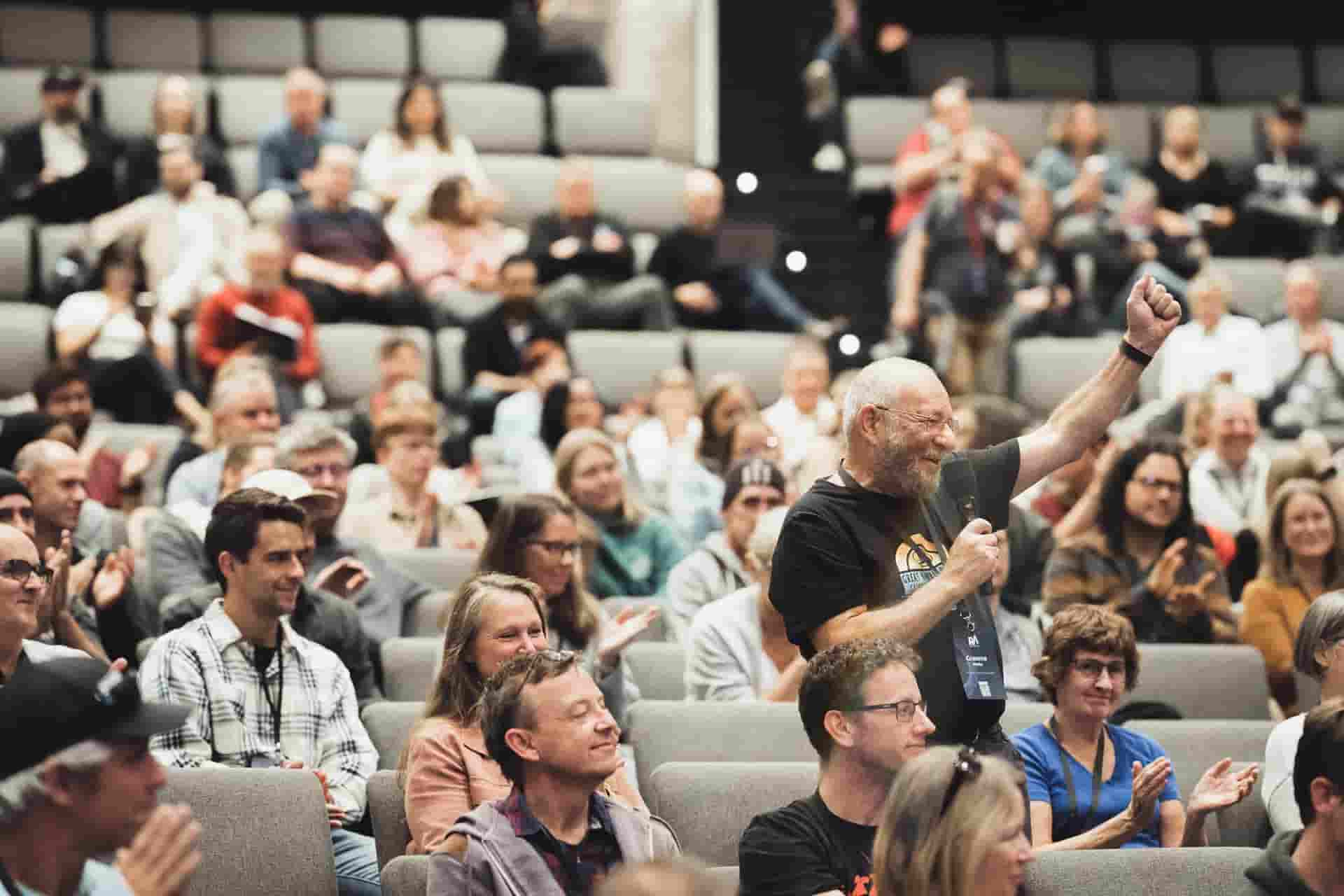Starting at a church well is so important, especially in the role of the senior leader. Two years ago Dave Keun took over the role of senior minister of Kellyville Anglican Church in Sydney’s northwest. Here are the lessons he’s learned in his starting years, in no particular order:
1. Listen, Listen, Listen
I think it was the Manager Tools podcast that taught me that when you start in a new role, you only need to do three things: 1. Listen, 2. Listen, 3. Listen. As you come into a new role there are so many undercurrents and history you need to be aware of. So I spent the first three months doing this: listening. This is a lot harder than it looks because when you start, you are ready to go. But taking the patience to stop and listen builds an important foundation for the rest of your work.
I started with a list of key leaders, the people who shape the culture of the church, and asked to catch up with them. There were three important questions I asked each of them:
- How did you become a Christian?
- What do you love about this church?
- If you could change two things what would they be?
It was pretty hard just to listen to the answers and not make comments, but that is what I did. I also kept a bunch of notes to make sure I could go back over the answers.
I also spent time in the first six months of starting, having people over to my place in small groups for dessert and asked them questions as well. I asked them:
- What would make you look back in 5 years and say ‘that was a great 5 years’?
- What specific things would you like to see happen?
- What do you want me to not change?
People appreciated that I respected their past and it gave me a clear picture of the past and their desire for the future.
2. Clarity Around Vision Really Helps
Having a vision that not only rallies, but helps you repel, will bear fruit. I remember someone once telling me that you either fight for clarity for a season or you fight confusion forever. So fight for clarity around your vision for a season!
It was important for me to work hard at figuring out the vision of the church. There are lots of good resources to do this well. I was especially helped in things I learnt through the Reach Australia Development Program and the chance during those times to have conversations with seasoned pastors.
3. Making Mistakes Is Inevitable: The Antidote Is Having My Identity In Jesus
But the inevitable truth is that you are going to make mistakes. You are not perfect and you live in an imperfect human state.
The solution to this is to remember our identity in Christ. Jesus gives us that grace to face these mistakes and alleviate having to work to please others, ourselves or our peers.
Maybe I’m just a slow learner, but I feel like sometimes I re-learn this every few weeks as I’ve made plenty of mistakes over the past two years.
4. Change Is Slower Than You Think
As a new person you are seeing things that need to change that others have just got used to. This is a good thing. But change done quickly can be done badly or inadvertently upset the wrong people at the wrong time.
5. Investing In Staff Will Pay Long Term Dividends
And don’t forget that great teams focus on not just results but relationships as well. Spend time getting to know them: what they think, how they work, how they communicate, etc. Find time to hang out together. We make Monday lunch, after staff meeting, a time when we all eat together and chat about life, ministry, movies, sport and any other topic that arises.
Investing into both the results and the relationships will hopefully mean retaining staff in the long term and build stability in your staffing.
6. You Will Be Tempted To Work Without Stopping And Do It All Alone
I would strongly encourage you to engage a coach, an outside voice, who you can be vulnerable with and invite them to speak not just into your ministry goals but into your life to keep you in check with reasonable expectations of yourself.
Starting well in a new position can have its challenges and joys. All in all I would say, be intentional and take it slow.
Dave Keun started as the senior minister of Kellyville Anglican Church in March 2022.



